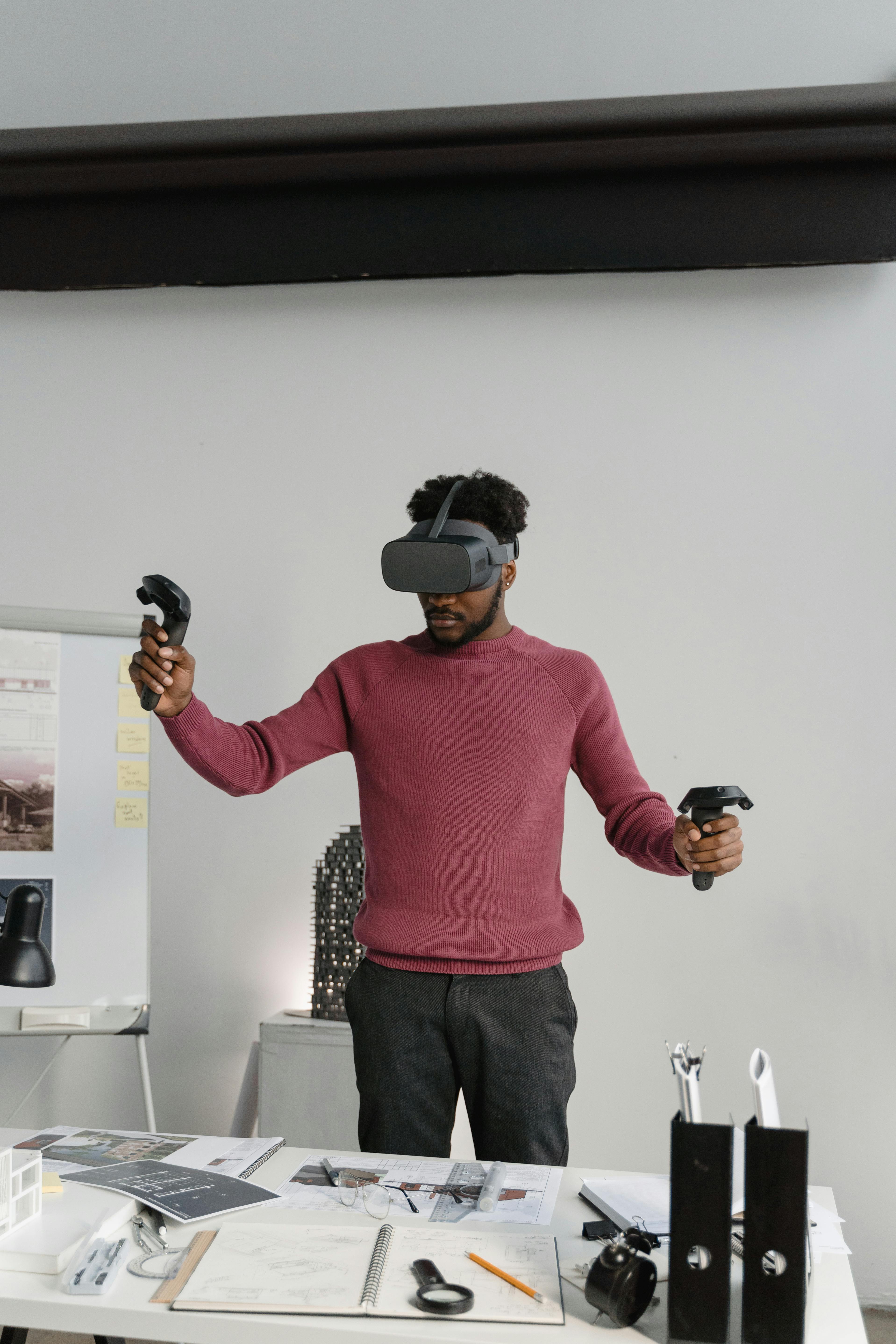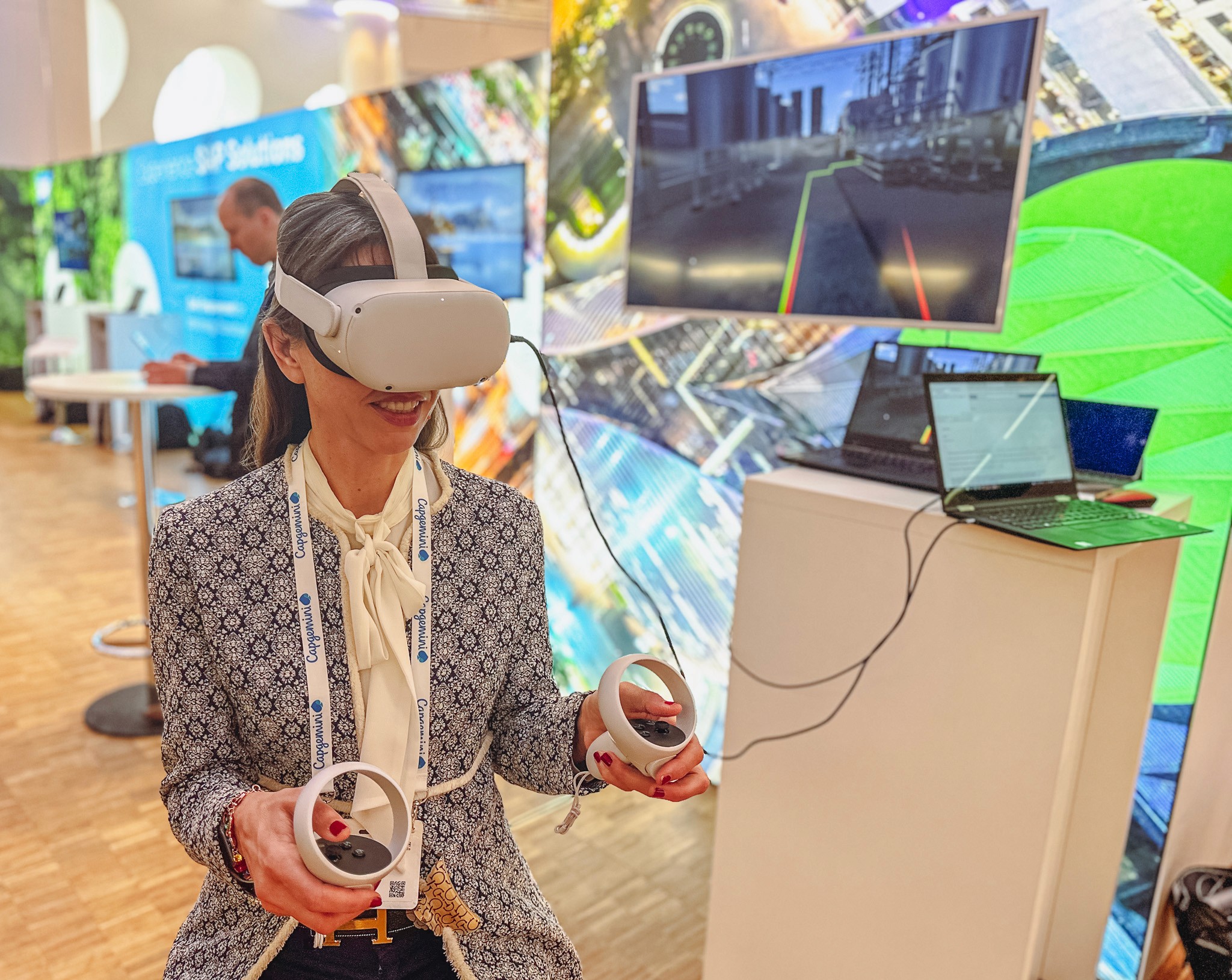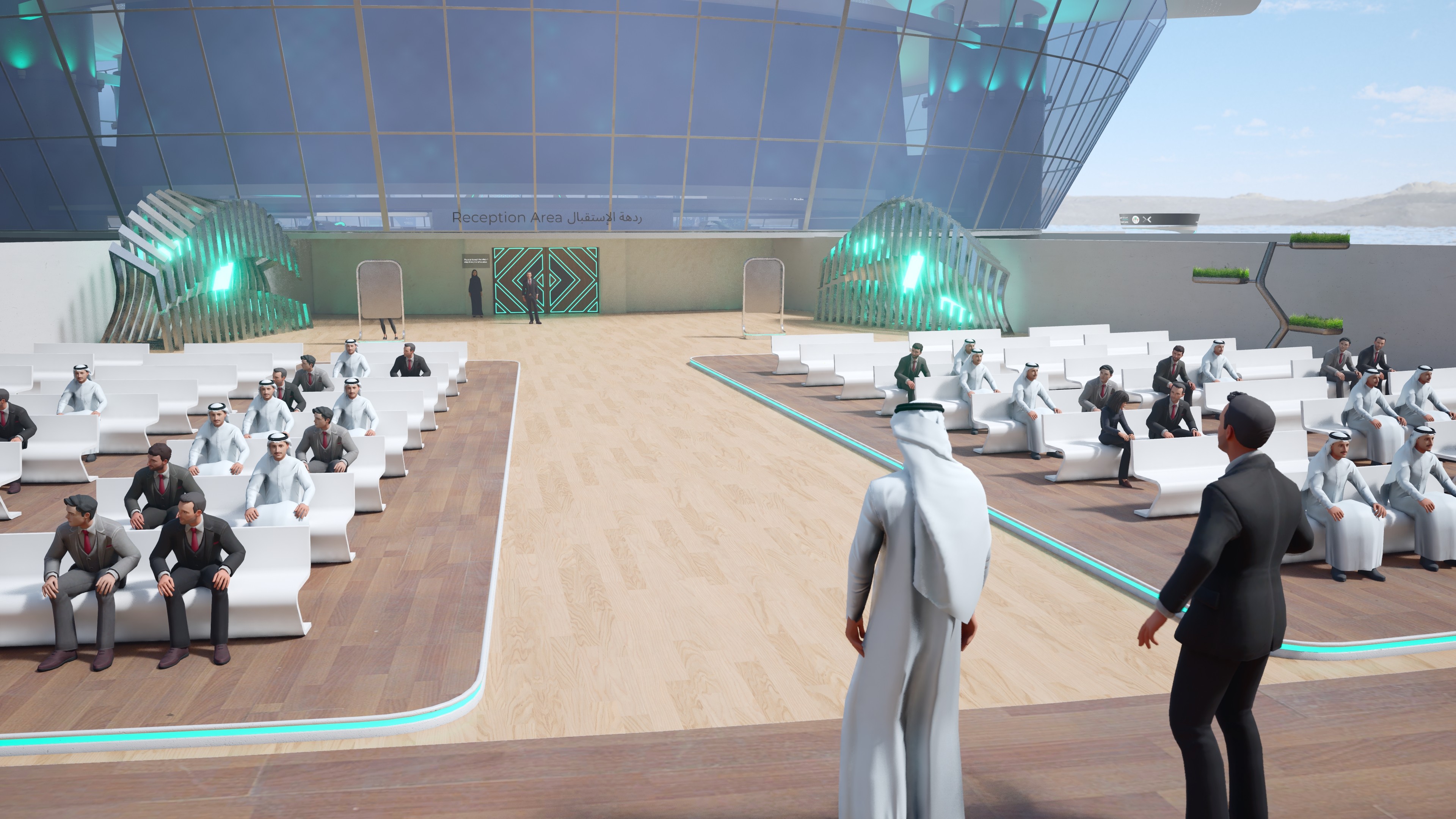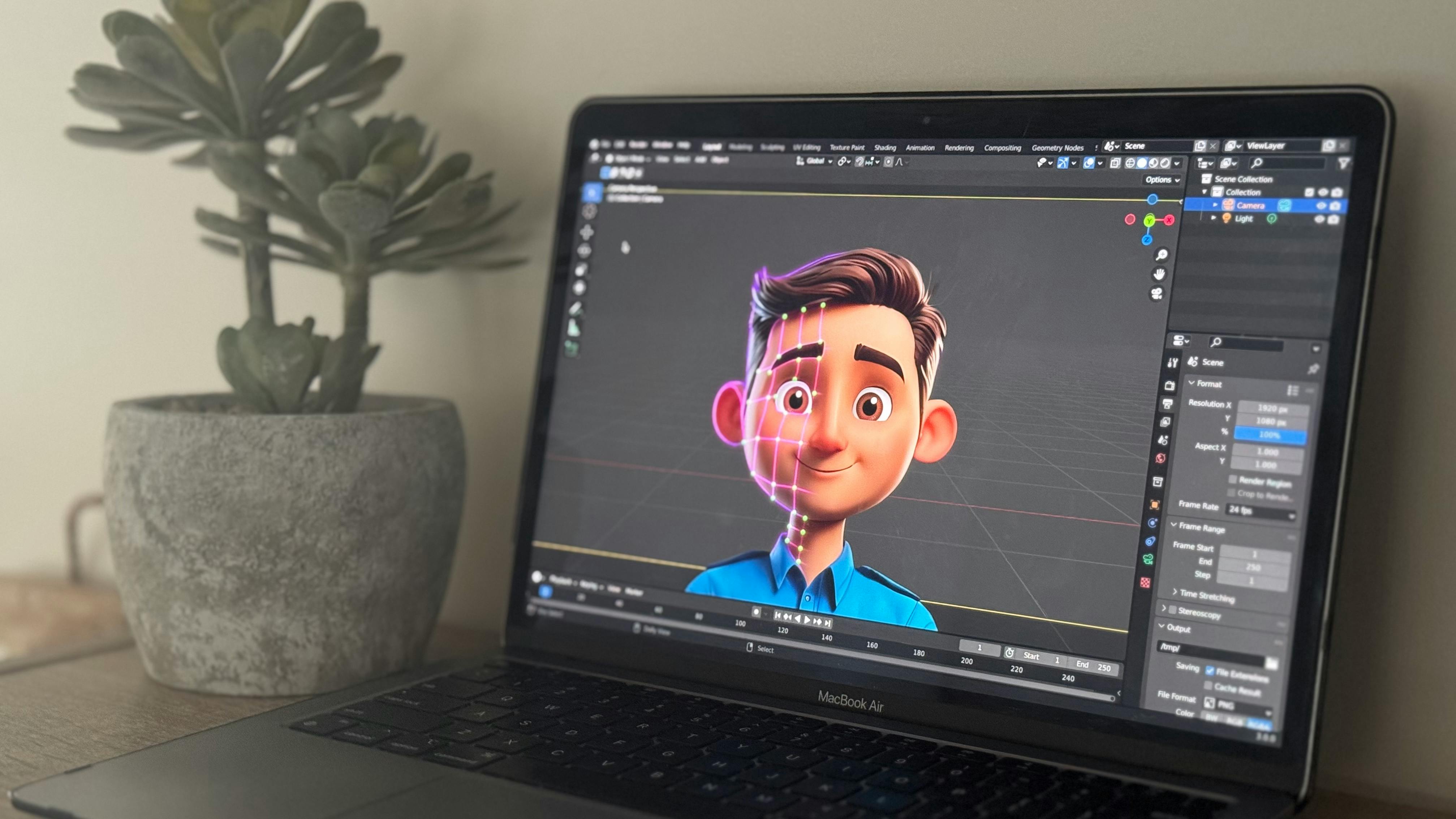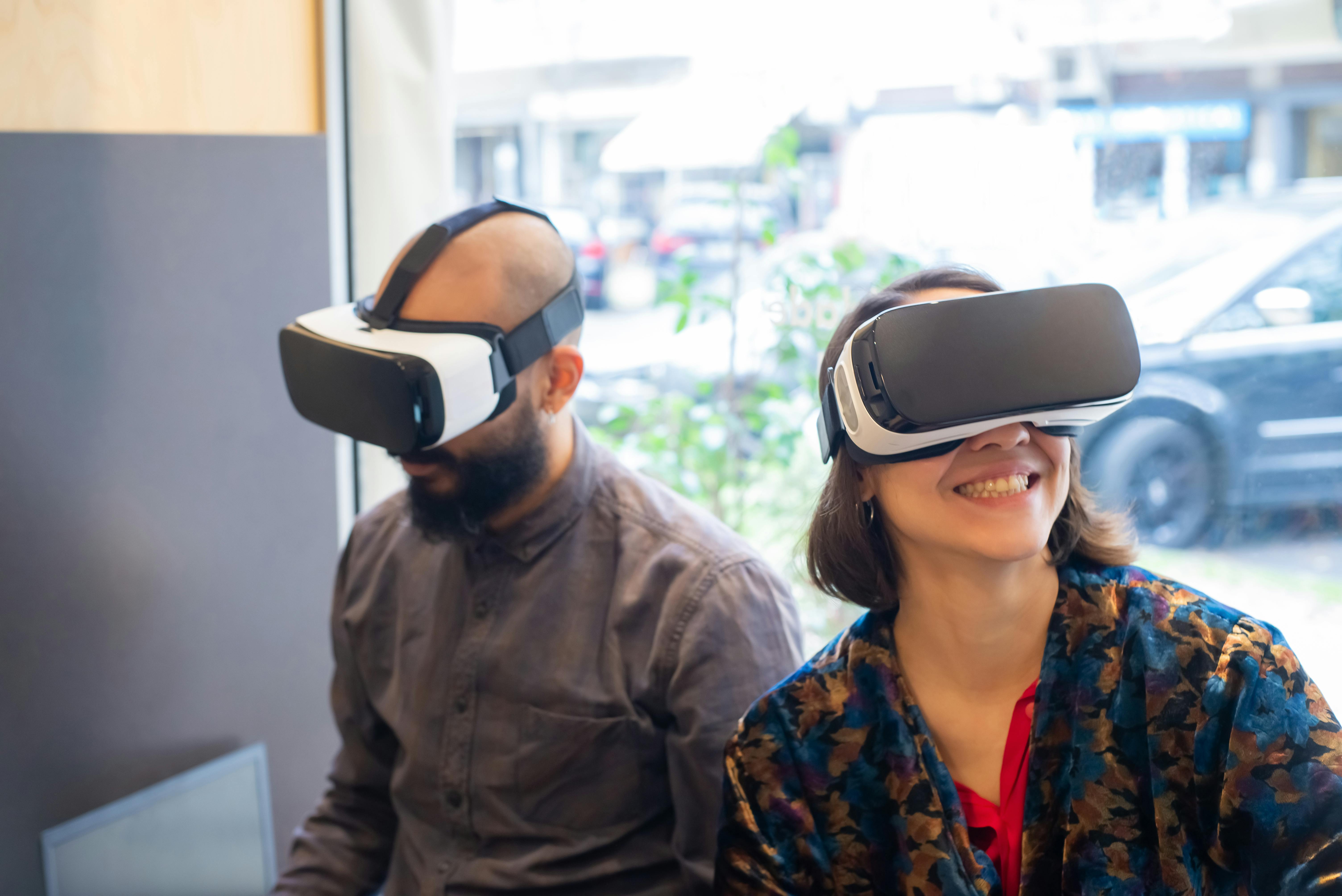VR Training and Metaverse: Empowering Government Operations
Sep 23, 2024
As technology evolves, governments worldwide are adopting virtual reality (VR) training and metaverse platforms to enhance operational efficiency and public engagement. These technologies, distinct yet complementary, offer innovative solutions for training government employees and interacting with the public, revolutionizing traditional governmental operations.
Defining VR Training and Exploring the Metaverse
VR Training involves immersive virtual environments created to simulate real-world scenarios for training purposes, enabling hands-on learning without the associated risks.
The Metaverse extends beyond training, providing a virtual space for enhanced social interaction, economic transactions, and comprehensive public services through a combination of VR, augmented reality (AR), and advanced internet technologies.
Benefits of VR Training for Government
• Enhanced Learning Outcomes: By simulating complex real-life scenarios, VR training enhances learning retention and application, crucial for roles like emergency services and defense.
• Cost Reduction: VR reduces the need for physical facilities and travel, lowering training costs over time.
• Adaptability: Training programs can be quickly adapted to new regulations or scenarios, keeping the workforce agile and informed.
Exploring Metaverse Applications for Government
• Public Engagement Platforms: The metaverse offers platforms for virtual town halls and public forums, making governmental processes more accessible and interactive, fostering greater civic engagement.
• Remote Collaboration: For remote government workers, the metaverse provides an interactive space that mimics the dynamics of physical offices, enhancing teamwork and productivity.
• Digital Service Centers: Virtual service centers in the metaverse allow citizens to access government services efficiently, reducing physical queues and improving service delivery.
Technological Foundations for VR and Metaverse in Government
• Infrastructure: Review of necessary VR hardware and metaverse platform requirements, including headsets, motion tracking devices, and high-speed internet connections.
• Security Measures: Implementation of blockchain for secure, transparent transactions and AI for enhanced data protection and user experience within these digital spaces.
• Integration Challenges: Discussion on integrating new technologies with existing government IT systems to ensure seamless operations and user experiences.
Case Studies in VR Training
1) Fire Department VR Training: Several U.S. cities have implemented VR training for firefighters, where they tackle various simulated fire scenarios. This training has been crucial in improving decision-making and physical readiness without the risks of real fires.
2) Medical Emergency Simulations: VR simulations are used to train medical personnel in emergency response techniques under high-pressure conditions, significantly improving response times and procedural accuracy.
3) SAP Training Simulation: SpaceTo collaborated with SAP to develop an immersive VR training experience for the Energy and Utilities sector. Unveiled at the International SAP Conference in Basel, the VR and web-based simulation integrated real-time data from SAP S4/HANA and SAP Asset Performance Management.
Set in a 3D oil refinery, it allowed technicians to practice tasks in a risk-free, realistic environment, reducing costs and enhancing training. This partnership highlighted the industrial metaverse’s potential to revolutionize training and improve operational efficiency.
Case Studies in Metaverse Applications
1) Sharjah Department of eGovernment (DeG) Open Day: In 2023, the Sharjah DeG hosted its inaugural Open Day in the metaverse, facilitated by SpaceTo. This event was a pioneering example of how digital platforms can enhance public engagement:
Interactive Exhibits: Attendees explored virtual stands showcasing DeG’s services with the ability to interact with live consultants.
Engagement Tools: Features included real-time Q&A sessions, networking opportunities, and multimedia presentations, making the event accessible and informative.
Security Protocols: The platform ensured data protection with advanced encryption and secure user access, setting a benchmark for future government metaverse events.
2) Virtual Legislative Sessions: During the COVID-19 pandemic, several legislative bodies, including in Estonia and the United States, used the metaverse to conduct sessions and engage with citizens, ensuring governance continuity and public participation during lockdowns.
Challenges and Solutions
• Technical Barriers: Addressing the digital divide by providing subsidized technology access and training for government employees and the public.
• Privacy Concerns: Ensuring robust cybersecurity measures to protect sensitive information within VR and metaverse applications.
• User Experience: Developing user-friendly interfaces and providing comprehensive support to facilitate adaptation to new technologies.
Future Trends in Government Training and Engagement
• Hybrid Engagement Models: Combining VR and physical elements to create more versatile and engaging training and public service platforms.
• Advanced AI Integration: Using AI to create more personalized and responsive VR training and metaverse services.
• International Collaboration: Governments may increasingly collaborate on international training programs, standardizing practices and enhancing diplomatic engagement through shared metaverse platforms.
Conclusion
VR training and metaverse technologies offer transformative potentials for government operations, from workforce development to public engagement. As these technologies advance, they will play a pivotal role in shaping efficient, inclusive, and innovative government landscapes.


